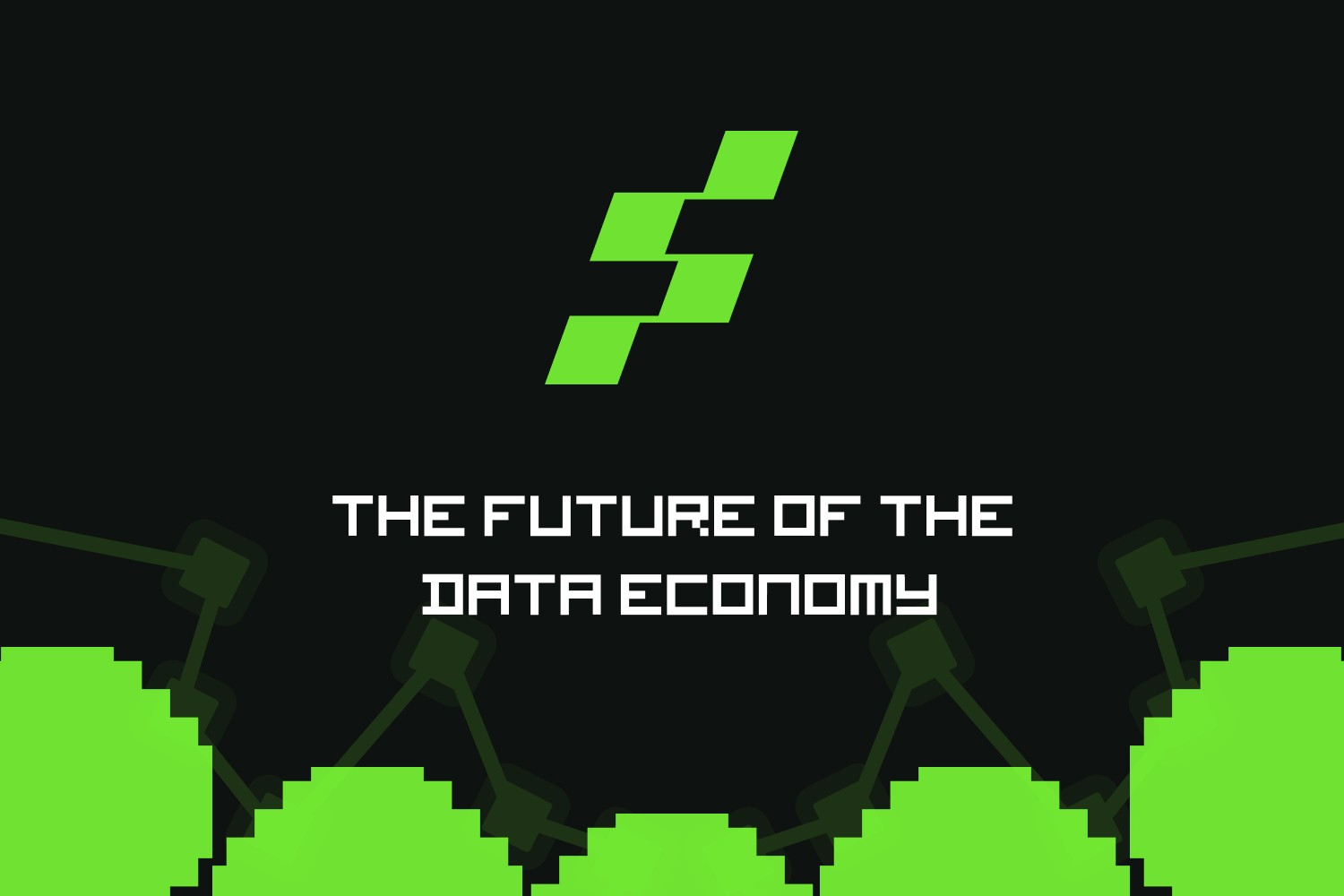Nov 12, 2024

Data is the new oil - a valuable resource powering industries, shaping decisions, and driving innovation. However, there's a glaring discrepancy at the heart of this booming economy: while individuals generate the data, they rarely see any of the profits it generates.
The data economy, particularly in the realm of location intelligence, has grown into a behemoth, with projections suggesting it will reach a staggering $36 billion by 2028, growing at a rate of 15.3% annually. Yet, the very people whose daily activities, preferences, and movements fuel this market are largely left out of the equation when it comes to reaping its benefits.
Every click, every purchase, every journey we make in the physical world is meticulously tracked, collected, and commodified. Our personal data - a digital footprint of our lives - has become a highly valuable asset, traded and sold in a marketplace where we, the originators of this data, are not invited to the table. The $200 billion adtech industry thrives on this information, while the average user remains unaware of the value they're unknowingly generating, let alone receiving any compensation for it.
Traditionally, the data market has been dominated by large tech companies, data brokers and adtech companies. These entities collect vast amounts of information from various sources - our online activities, mobile app usage, and even our physical movements tracked through GPS and cell towers. This data is then aggregated, analyzed, and sold to businesses for purposes ranging from targeted advertising to urban planning and market research. All of this occurs while the end-users, whose information and activity forms the foundation of this industry, see no direct benefit.
The location data market, in particular, has seen explosive growth. With the usage of smartphones, our movements in the physical world have become valuable data points. Retailers use this data to optimize store locations, advertisers to target location-based ads, study advertising effectiveness, and city planners to improve urban infrastructure.
However, this traditional model is not without its challenges. Privacy concerns have led to increased scrutiny and regulation, with legislation like GDPR in Europe and CCPA in California aiming to give consumers more control over their data. Moreover, questions about data accuracy, consent, and fair compensation for individuals have been rising.
Enter Web3 and the concept of decentralized, user-incentivized networks. This new paradigm is poised to disrupt the traditional data economy, offering innovative solutions to longstanding issues.
New technologies, built on blockchain and cryptocurrency foundations, introduce the possibility of a more transparent, secure, and user-centric data economy. In this new model, individuals can have greater control over their data and, crucially, be directly compensated for the information they choose to share.
Imagine a world where your daily movements and activities aren't just tracked by faceless corporations, but are assets that you can consciously manage and monetize. Decentralized networks could allow users to opt-in to data sharing, choose what information they're comfortable providing, and receive token rewards in return.
This shift could democratize the data economy, transforming passive data subjects into active participants. It has the potential to improve data quality as well - when users are incentivized to provide accurate information, the resulting datasets become more reliable and valuable. First party data provided by consenting users is not subject to the same regulation as current data collection methods and retain more value, efficacy, and value for a slew of reasons.
Moreover, blockchain technology can ensure transparency in data transactions. Smart contracts could automate fair compensation based on usage and contribution, giving individuals insight into how their data is being used and ensuring they receive their fair share of its value.
The tokenization of data assets opens up unprecedented opportunities for user compensation through yield-generating mechanisms. This approach introduces a digital asset that represents the collective value of user data, which can be fairly distributed to participating users through blockchain technology. As companies pay to access and use this data, the revenue flows directly back into the ecosystem, generating yield for users who have contributed their data. Much like earning interest in a savings account, users can earn ongoing returns simply by participating in and contributing to the data ecosystem. This creates a win-win situation where businesses get access to valuable data while users finally receive their fair share of the profits their information generates.
However, challenges remain. Building user-friendly interfaces for these complex systems, ensuring widespread adoption, and navigating evolving regulations are just a few hurdles that need to be overcome.
As we stand on the brink of this potential revolution in the data economy, one thing is clear: the future of data is not just about collection and analysis, but about collaboration and fair value exchange. The next chapter in the data economy story is being written, and it promises to be one where every individual has a stake in the value their data creates.
We believe the future of the data economy is shifting towards a model where users are not just data generators but empowered stakeholders, reaping the rewards of their contributions. As traditional data collection methods give way to decentralized, user-first ecosystems, individuals will have the opportunity to control, manage, and monetize their data directly, opening up a new era of fairness and transparency. Suptho is building at the forefront of this innovation, turning these concepts into a reality by creating a platform that empowers users to earn crypto rewards for the data they choose to share. Launching soon.
Follow us: